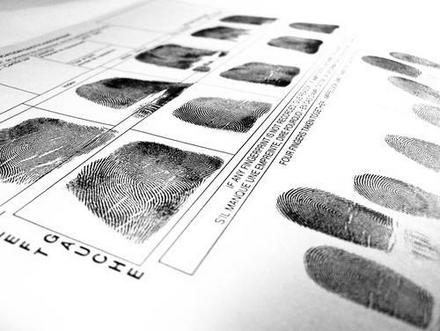TELEPHONES ANSWERED 24 HOURS A DAY
Testimony of Prior Crimes or Bad Acts in a Federal Trial
 A recent federal criminal trial was brought to an abrupt halt when the testimony for a key witness for the prosecution revealed some unsavory information about the defendant’s past. According to reports, the witness was asked how he recognized the defendant in a surveillance video when the witness “volunteered” that he recognized the defendant because of a previous incident when the defendant was arrested and convicted for burglary. This revelation – that the defendant was previously arrested and convicted of burglary – brought the trial to a halt.
A recent federal criminal trial was brought to an abrupt halt when the testimony for a key witness for the prosecution revealed some unsavory information about the defendant’s past. According to reports, the witness was asked how he recognized the defendant in a surveillance video when the witness “volunteered” that he recognized the defendant because of a previous incident when the defendant was arrested and convicted for burglary. This revelation – that the defendant was previously arrested and convicted of burglary – brought the trial to a halt.
Why Was the Trial Stopped?
In this particular instance the trial was stopped because the witness offered evidence that is generally not permitted in a criminal trial. According to federal rules that govern the conduct of criminal trials, the prosecution is generally not permitted to introduce evidence of prior crimes or “bad acts” the defendant committed as a way of suggesting that the defendant is more likely to commit the crime with which he or she is charged. For instance, a prosecutor prosecuting a charge of burglary against an individual generally cannot use the fact that the defendant committed other burglaries for the purpose of suggesting the defendant is more likely to have committed the present burglary. If such evidence comes out at trial, a mistrial can generally be achieved as the “prejudice” caused by the revelation of this information is usually so great that the defendant can no longer be guaranteed a fair trial.
There Are Important Exceptions to the General Rule
This does not mean, however, that evidence of prior crimes or “bad acts” (actions that did not result in a criminal conviction) can never come into evidence. In fact, this information can be presented if:
- The information is presented by the defendant (for instance, if the defendant voluntarily testifies that he or she committed certain crimes in the past);
- The defendant offers evidence about a pertinent trait (for example, a defendant that is on trial for the crime of theft and who presents evidence that she is an honest person can have prior convictions for theft or other honesty-related crimes introduced to rebut her reputation for honesty); or
- The prosecution is offering the evidence for a reason other than to suggest the defendant is likely guilty of the present crime (these “other reasons” can include to show motive, opportunity, intent, preparation, plan, knowledge, identity, or absence of mistake.
How Can an Illinois Federal Criminal Defense Attorney Help Me?
If the defense attorney requests it, the prosecution must inform the defense whether it intends to use any evidence of prior crimes or bad acts and the general nature of the evidence it intends to use. If it does not – or if the prosecution attempts to improperly use this sort of evidence – an experienced Chicago federal criminal defense attorney like Hal M. Garfinkel will know to object to this evidence so as to protect his client’s rights and assure the client of a fair trial. If you are charged with a federal crime in Illinois, contact the Law Offices of Hal M. Garfinkel LLC, Chicago Criminal Defense Attorney today at 312-629-0669 for a free initial consultation.



